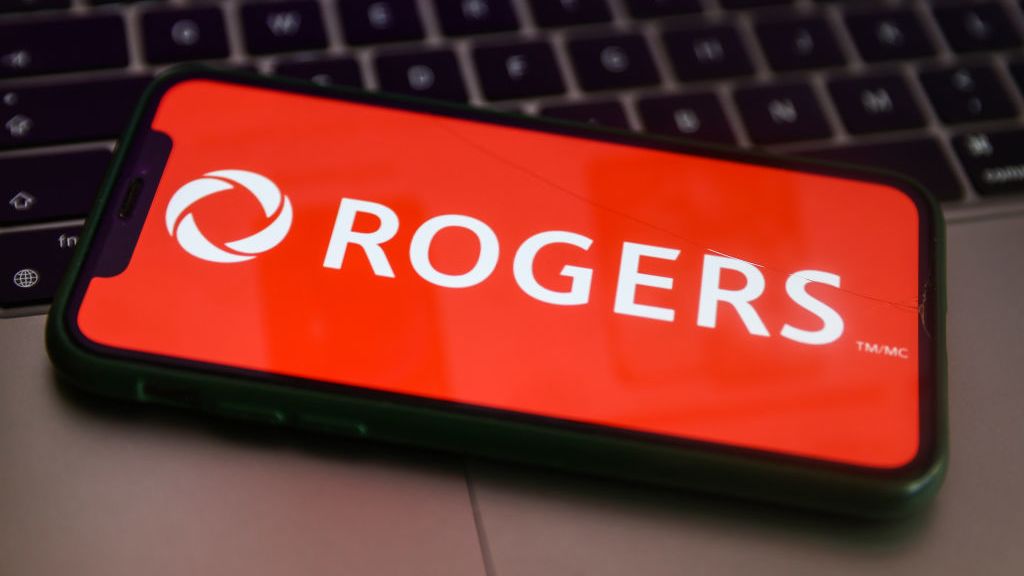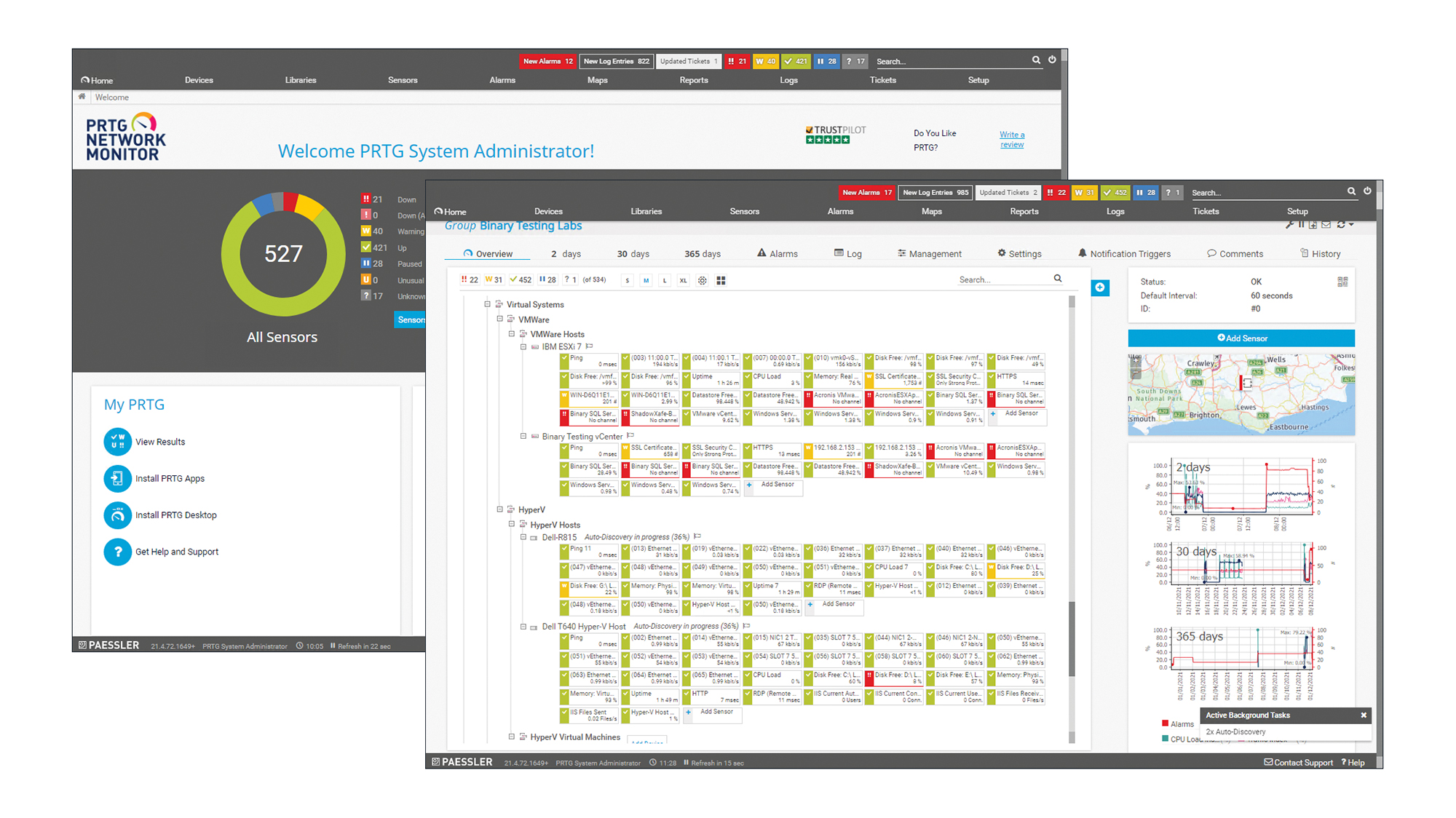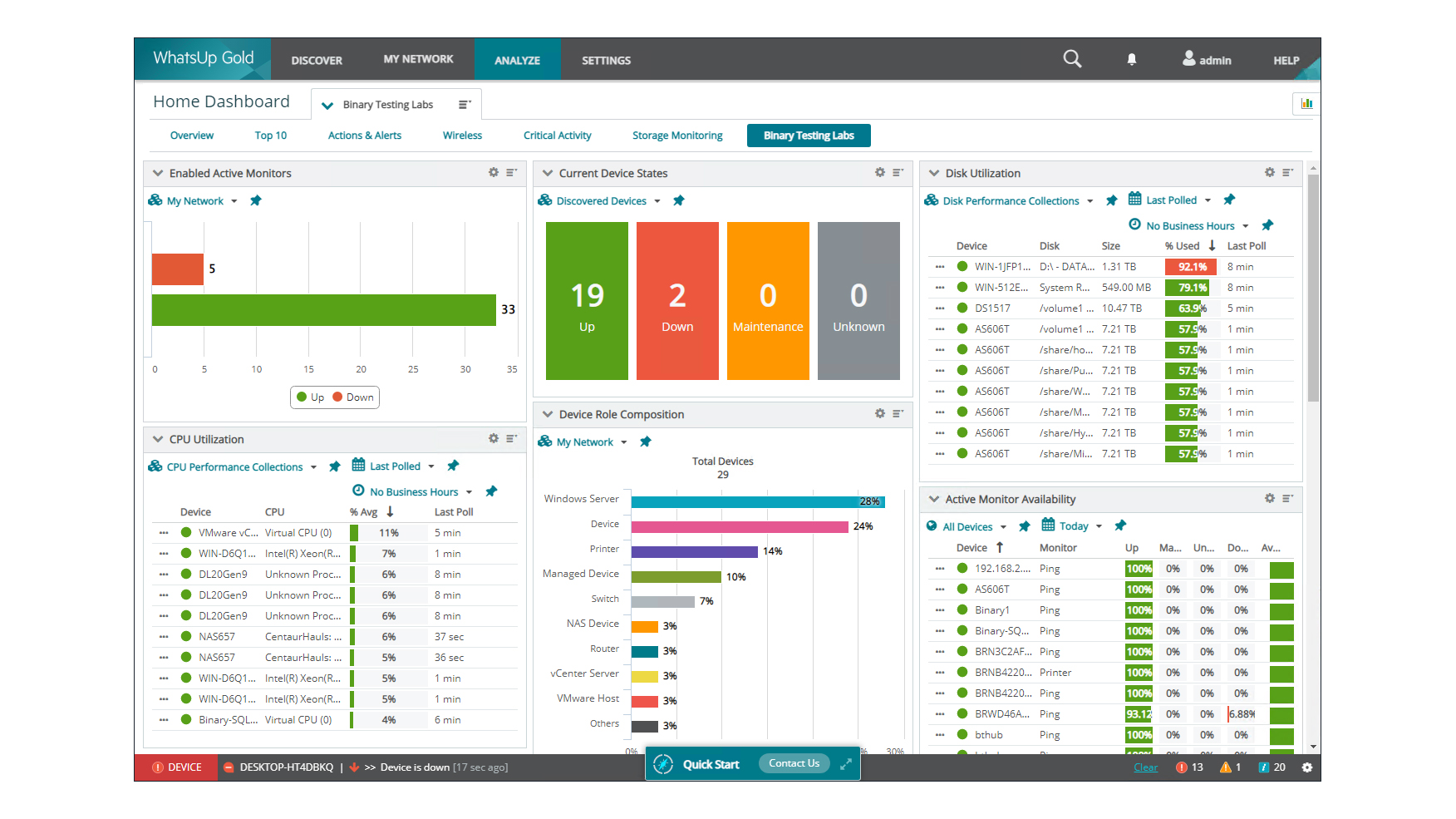Ofcom allows mobile network spectrum trading
Mobile operators will soon be able to exchange spectrum.

Ofcom has given mobile operators the green light to buy and sell radio spectrum in a move designed to beef up network capacity to accommodate rising smartphone usage.
There is currently more than 12 million smartphones in use in the UK, placing a great deal of stress on current spectrum allocations. To avoid demand outstripping supply, and provide better services for consumers, Ofcom will allow operators to trade spectrum based on their own network needs and those of their users.
The new regulations will cover the spectrum at 900 MHz, 1800 MHz and 2100 MHz, Ofcom claims this will allow networks with a "greater need for spectrum" to make offers to buy it from other networks which need less.
"Over the past two decades, mobile phone companies in the UK have acquired licences for blocks of spectrum. In general, the more spectrum an operator holds, the more telephone conversations and internet traffic it can carry over its network," Ofcom said in a statement.
"Not all operators hold the same amount of spectrum, and the level of demand for mobile services also differs from area to area."
The change comes after the Government directed Ofcom to make mobile spectrum licences tradable at the end of last year. Ofcom says the regulations are now in place and trading in spectrum can begin. It is hoped the change will create a "more efficient use of spectrum."
"This is an important milestone in the modernisation of spectrum management in the UK. It comes in response to the fast pace of change and innovation taking place in the mobile communications sector, which is placing increased demands on spectrum," said Ofcom's chief executive, Ed Richards back in February when the consultation on spectrum trading was launched.
Sign up today and you will receive a free copy of our Future Focus 2025 report - the leading guidance on AI, cybersecurity and other IT challenges as per 700+ senior executives
"One important way of meeting this demand is making the acquisition of spectrum as flexible as possible."
Ofcom will handle administration of trading activity, will publish information about trades online and issue licences.
-
 Will autonomous robotics leap forward in 2026?
Will autonomous robotics leap forward in 2026?In-depth Connectivity and cost benefits remain barriers, despite breakthroughs in physical AI
-
 AWS and NTT Data team up to drive legacy IT modernization in Europe
AWS and NTT Data team up to drive legacy IT modernization in EuropeNews Partnership between AWS and NTT DATA aims to boost AWS European Sovereign Cloud capabilities
-
 New Ofcom guidelines show it’s getting tougher on big tech
New Ofcom guidelines show it’s getting tougher on big techNews New Ofcom guidance outlining its plans for the Online Safety Act show the regulator is toughening up on big tech.
-
 Ofcom’s draft guidelines on illegal online content set stringent rules for big tech
Ofcom’s draft guidelines on illegal online content set stringent rules for big techNews The codes of practice gives an insight into what the Online Safety Act will mean in practice
-
 BT to slash 55k jobs by 2030 in “brutal” cost-saving plan
BT to slash 55k jobs by 2030 in “brutal” cost-saving planNews The telco aims to become more lightweight through layoffs and digitization
-
 UK gov urged to ease "tremendous" and 'unfair' costs placed on mobile network operators
UK gov urged to ease "tremendous" and 'unfair' costs placed on mobile network operatorsNews Annual licence fees, Huawei removal costs, and social media network usage were all highlighted as detrimental to telco success
-
 UK regulator to investigate Amazon, Microsoft, Google cloud services competition
UK regulator to investigate Amazon, Microsoft, Google cloud services competitionNews The regulator is hoping to publish a final report, including its concerns or proposed recommendations, within 12 months
-
 Rogers Communication to invest C$10 billion in AI, oversight following outage
Rogers Communication to invest C$10 billion in AI, oversight following outageNews Canadian telco giant has promised internal transformation after a network-wide blackout caused major disruption in Canada earlier this month
-

 Paessler PRTG Network Monitor 21.4 review: Hard to beat
Paessler PRTG Network Monitor 21.4 review: Hard to beatReviews This affordable and versatile monitoring solution suits all types of networks with a sensor for every occasion
-

 Progress Software WhatsUp Gold 2021.1 review: More powerful than ever
Progress Software WhatsUp Gold 2021.1 review: More powerful than everReviews Add-ons increase the price, but WhatsUp Gold is easy to use and provides a superb range of monitoring tools